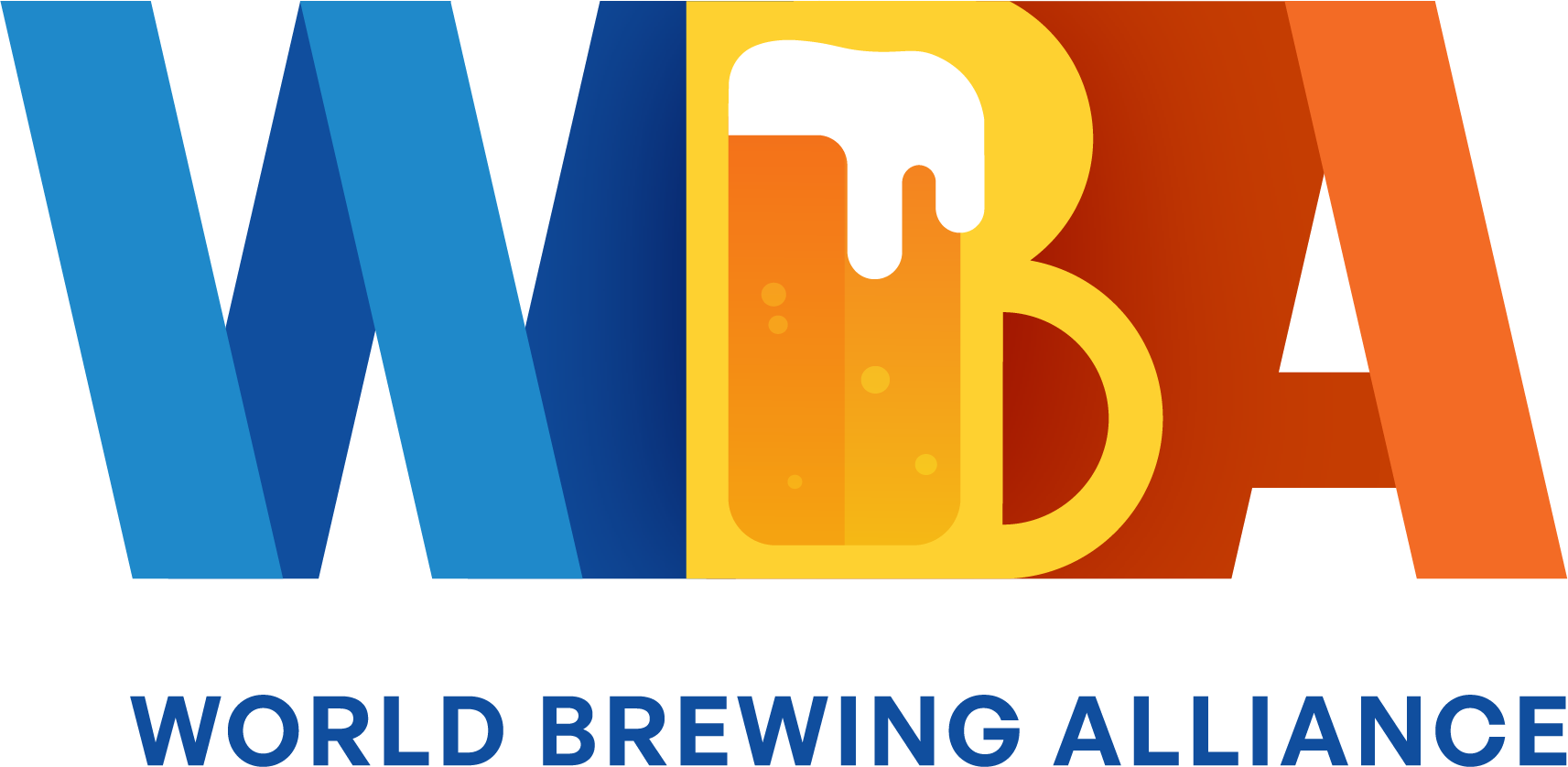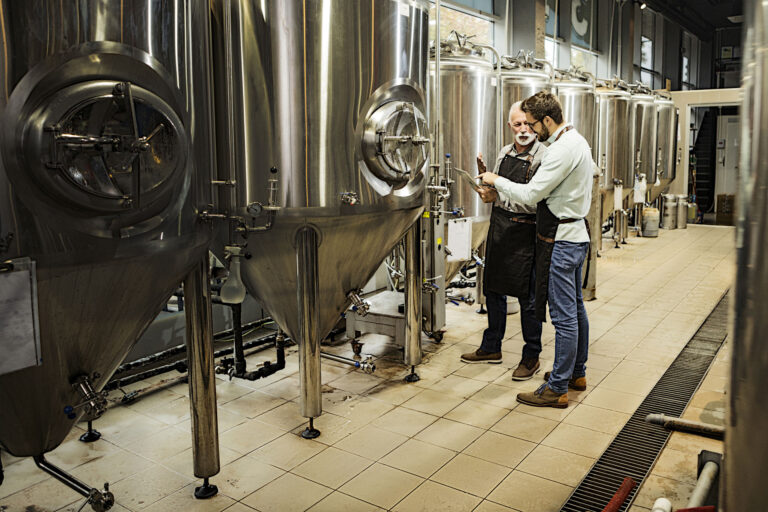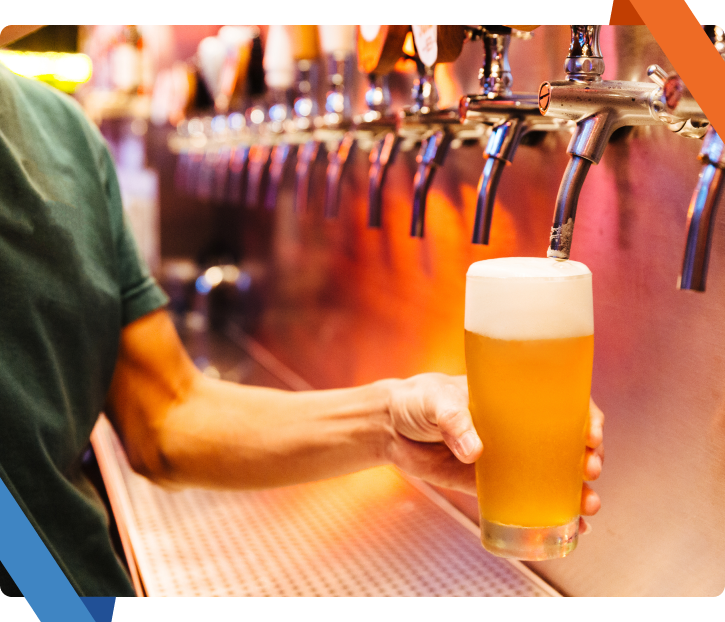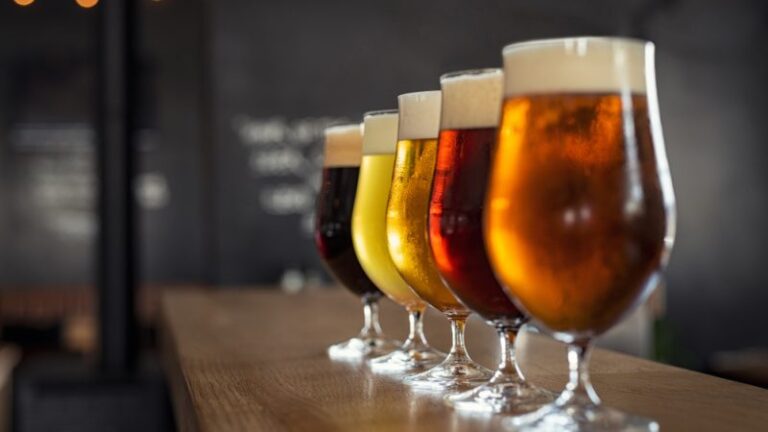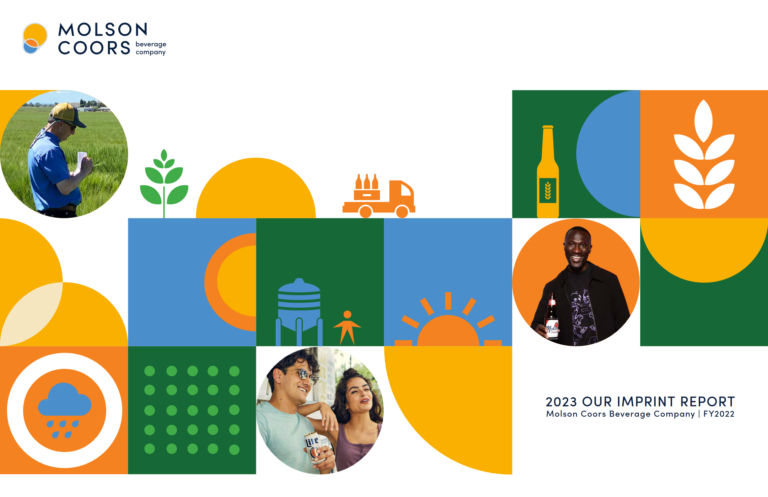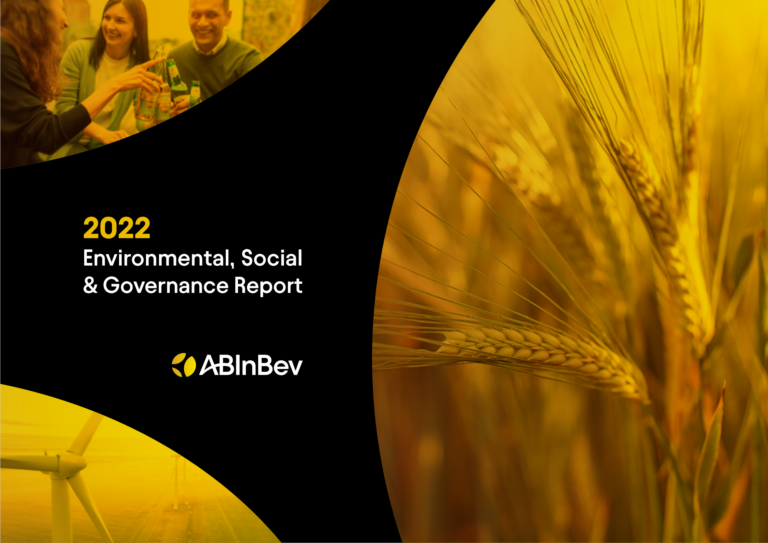In April the fifth instalment of the SA Investment Conference took place, aimed at attracting investment to the country. Many believed President Cyril Ramaphosa faced a tough job bringing investors on board.
However, the beer industry showed that it meant business, with Heineken SA and SA Breweries (SAB) pledging R21.3bn in new investment projects over the next five years. These investments will not only create much needed jobs for many South Africans, but will also serve as a boost to other economic sectors such as agriculture and the hospitality industry.
Since the conference was held SA’s economic outlook has not improved. With no end in sight to load-shedding, high levels of unemployment and a general mood of despondency descending on the country, it is understandable that some might be sceptical of how investments made at higher levels might lead to job growth and economic development. However, the beer industry has a clear plan about how to grow our iconic industry, an industry that is an integral part of our country’s cultural and economic landscape.
Heineken SA’s recent investment totals R15.5bn over five years, including a R3.8bn investment for a new greenfield brewery and a R1.7bn investment into a maltery. The remaining R10bn investments will be used for capital expenditure projects to expand and maintain existing operations in SA.
SAB committed R5.8bn to the SA economy, with R2.4bn being allocated to new developments that will support growth and cost initiatives, including a R555m expansion of the Ibhayi Brewery. The remaining R3.4bn will be allocated to sustaining SAB’s operations and infrastructure.
Employment
The beer industry is already a major contributor to the SA economy, with one in every 66 jobs being sustained by the sector. Furthermore, R1 in every R79 of the country’s GDP is attributable to beer-related economic activity, which means the beer industry comprises roughly 1.3% of the country’s GDP. By bringing in additional investment of R21.3bn the industry will be creating even more opportunities for growth, economic revenue and job creation.
This investment also comes in the aftermath of the Covid-19 pandemic, which had a major effect on the beer industry as a result of four alcohol bans that proved insurmountable for many businesses. The bans were particularly onerous for the craft brewing sector in light of them being forced to close their doors for 161 days over a 16-month period. It is estimated that 240,000 jobs were lost in the sector as a result of the national lockdown and bans.
Hopefully some of this damage can be remedied through the additional investment from the previous year’s R925m by SAB in the Prospecton Brewery in Durban, which will result in 25,000 new jobs being created as well as boosting economic activity in the area.
Energy crisis
In addition to this investment, the beer industry has shown its commitment to helping address the energy crisis. For example, Heineken SA has allocated R1.6bn to be invested in a number of projects to take pressure off the power grid, the most notable project being the construction of a 6.5MW solar power plant at its Sedibeng brewery in Midvaal. The aim of this green energy investment is to support the transition of brewing to an eco-friendlier form of production and help it reduce the load on the grid.
When it comes to supporting small businesses the bigger beer companies have also invested in a number of programmes aimed at giving entrepreneurs a hand up. This includes Heineken SA establishing a R400m supplier development fund, a R200m contribution to promote localisation and growth initiatives within SA, and investing R175m in a tavern transformation programme to create safe, responsible and sustainable establishments in townships.
When it comes to SAB, investing in businesses and innovations that benefit women and youth, people in rural areas and people with disabilities is a priority, and is implemented through the SAB Foundation. These small business programmes see millions invested annually towards entrepreneurship in SA, the total amount of investment being a total of R510m to date. Examples of these small business programmes include:
- The disability empowerment programme, which supports disabled entrepreneurs and social innovation that improves quality of life for people with disabilities.
- The rural catalyst programme, which supports strategic farming models and initiatives in areas where these is high poverty.
- The social innovation awards programme, which supports and scales business targeting solutions to social problems.
- The Tholoana Enterprise Programme, which invests in entrepreneurs who show the potential and commitment to grow a business and create jobs.
While these bigger companies continue to drive industry investment in the SA economy, it is also important to acknowledge the role smaller craft brewers play by creating local jobs while also promoting beer tourism. SA has more than 200 craft breweries, each of these businesses supporting six to 10 jobs in their communities. These craft brewers also play a critical role in promoting beer culture, beer tourism and beer entrepreneurship.
After a challenging few years and a myriad economic obstacles facing SA, it is encouraging to see that the beer industry is leading the way when it comes to investing in its current operations as well as its plans to expand its economic footprint over the next few years.
The Beer Association of SA remains committed to working in partnership with the government to promote beer as a drink of moderation that must be enjoyed safely and responsibly by citizens while continuing to ensure our sector remains an economic powerhouse in the country for years to come.
